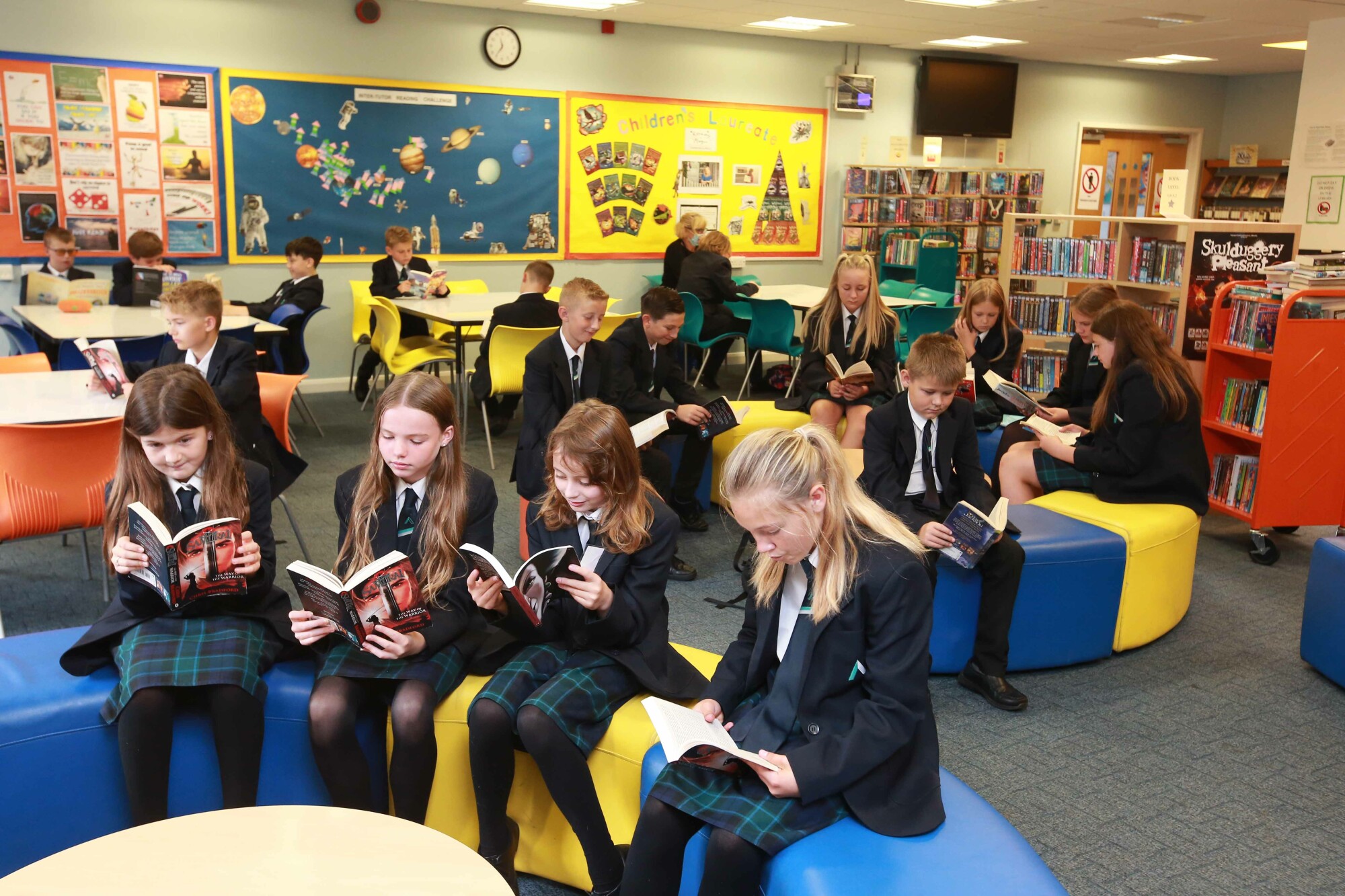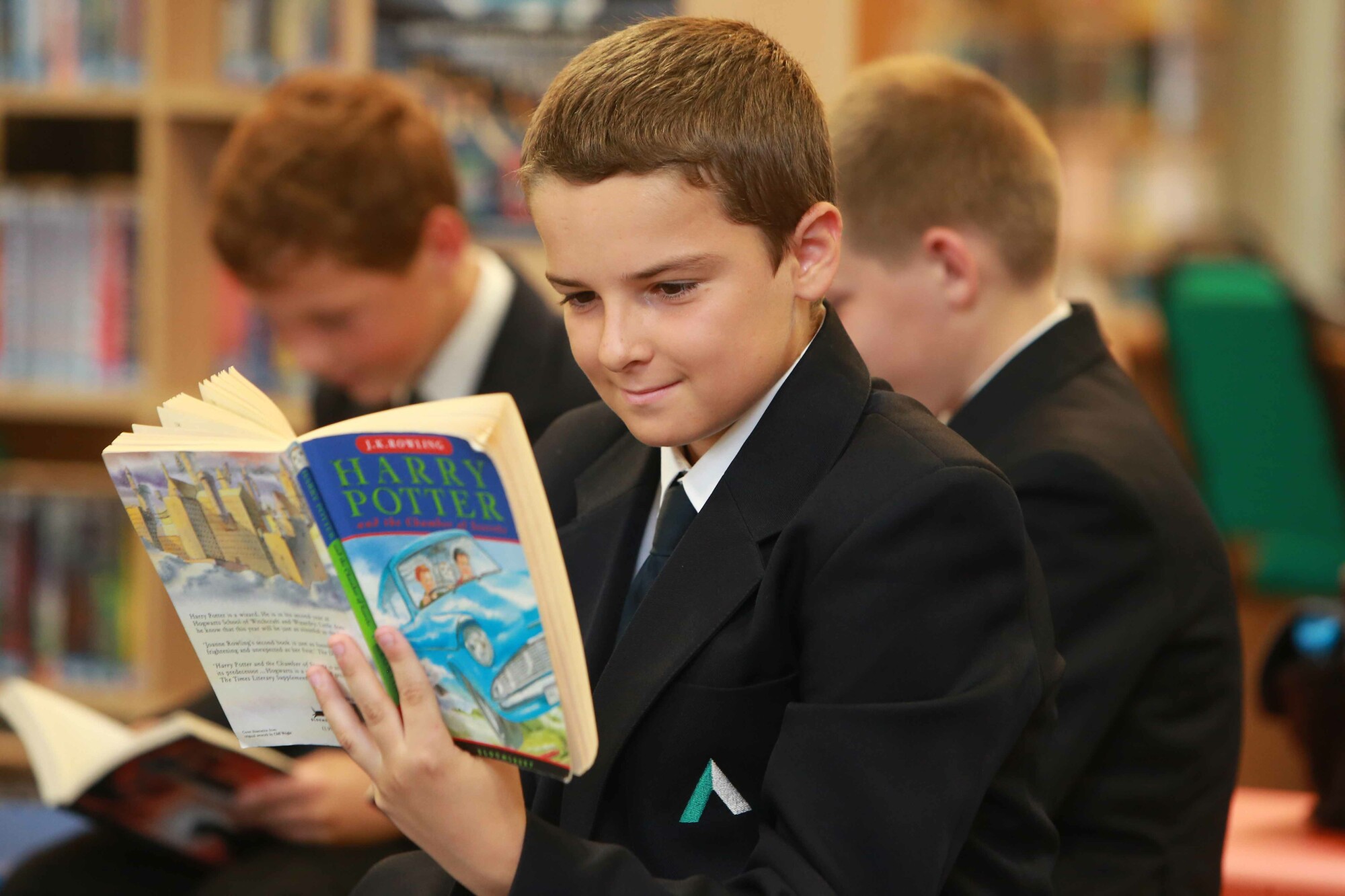KS3 English Learning Journey
What are the key features of the programmes of study?
English is one of the three core subjects within the National Curriculum along with Science and Mathematics. It has three Attainment Targets which are Speaking and Listening, Reading, and Writing. Our aim is to promote high standards of language and literacy by equipping pupils with a strong command of the spoken and written word, and to develop their love of literature through widespread reading for enjoyment.
What will my child study in Year 7?
English is divided into several units: Writing skills, The History of Language, Memoir Writing and a novel. Under each of these titles, students will cover a variety of skills: writing of fiction and non-fiction; the development of active reading skills through shared texts, encouraging reading for pleasure and how to read media texts.
What will my child study in Year 8?
English is divided into several units following on from Year 7: Shakespeare, a 20th Century play, a novel and Gothic texts. Under each of these titles, students will cover fiction and non-fiction writing, the study of contemporary and literary heritage texts as well as continuing to develop their active reading skills.
What will my child study in Year 9?
English is divided into several units following on from Year 8: Dystopian Literature, Shakespeare; Identity and Multi-Cultural Britain. This will involve the study of fiction and non-fiction, persuasive speech as well as allowing students to continue to develop their active reading skills. Whilst the main focus is on language, English Literature will be woven into the programme of study and students will prepare for their GCSE at the end of Year 11.
What homework and enrichment opportunities will my child have?
Homework is set once a week and includes reading, discussion, research and drafting of work.There are a number of reading groups which include the highly successful Debating Club and Creative Writers Club. We also have a number of visits throughout the year from award winning authors.
How is my child assessed?
Students are assessed throughout Years 7, 8 and 9 through written and verbal feedback on work. Assessments are made in the form of timed tests, on-going work and speaking and listening activities such as delivering speeches, working within a group and role play. In Year 9 all marking and assessment will be linked to GCSE criteria, and we follow the AQA specification.
How are the groups organised?
English is taught in mixed ability groups. Groups are reviewed on a yearly basis.
What equipment is needed?
It is vital that all students come to their English lessons prepared with the following equipment: a fountain or hand-writing pen (blue/black), a purple pen to respond to teacher feedback, pencil and rubber, ruler, highlighters, glue and a reading book (fiction).



